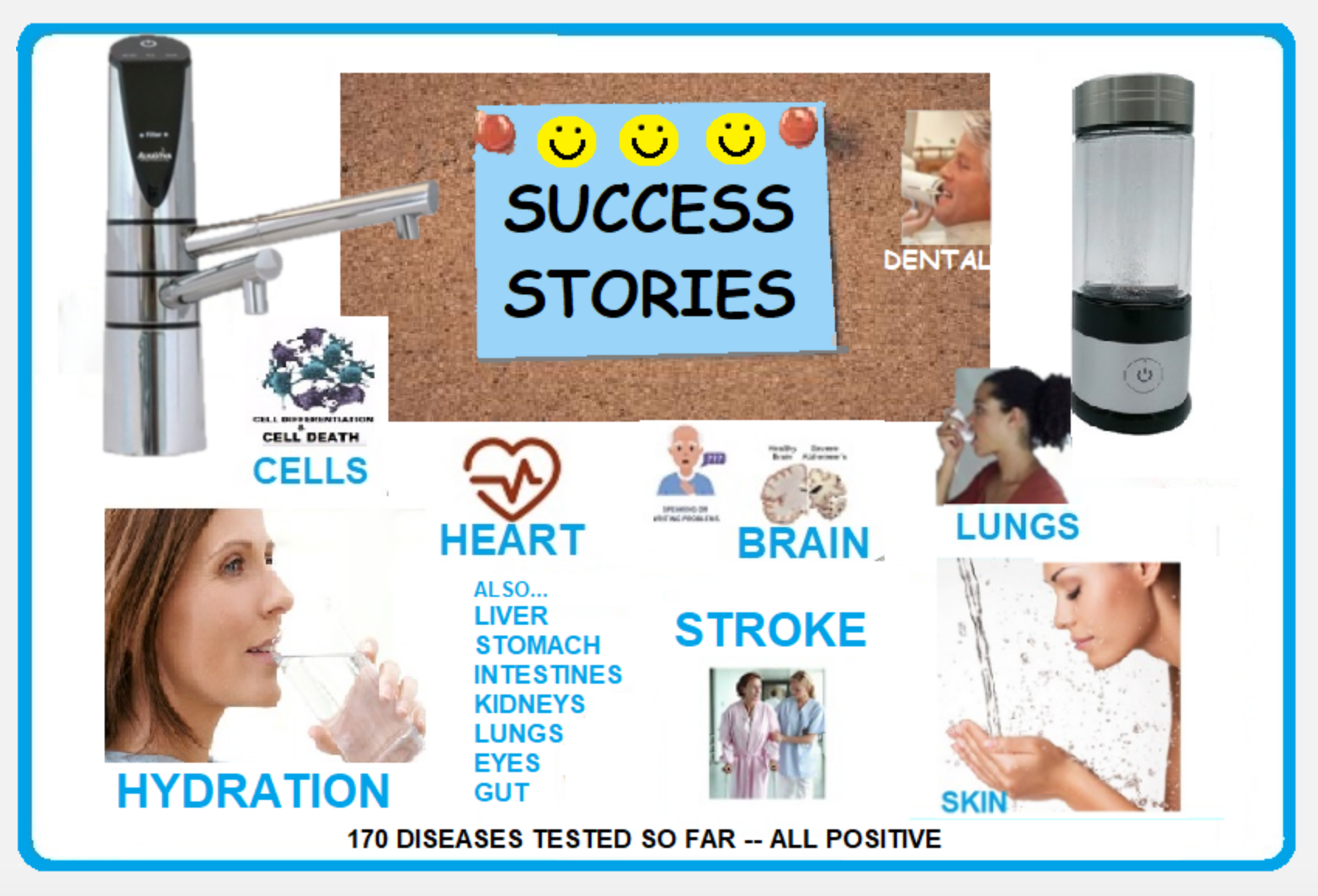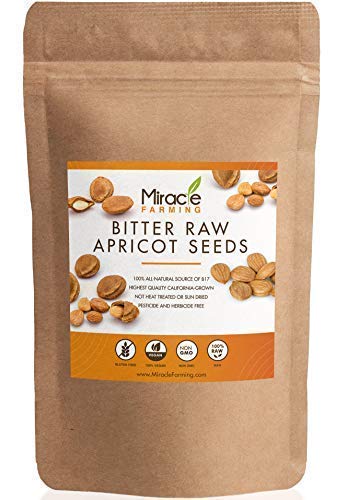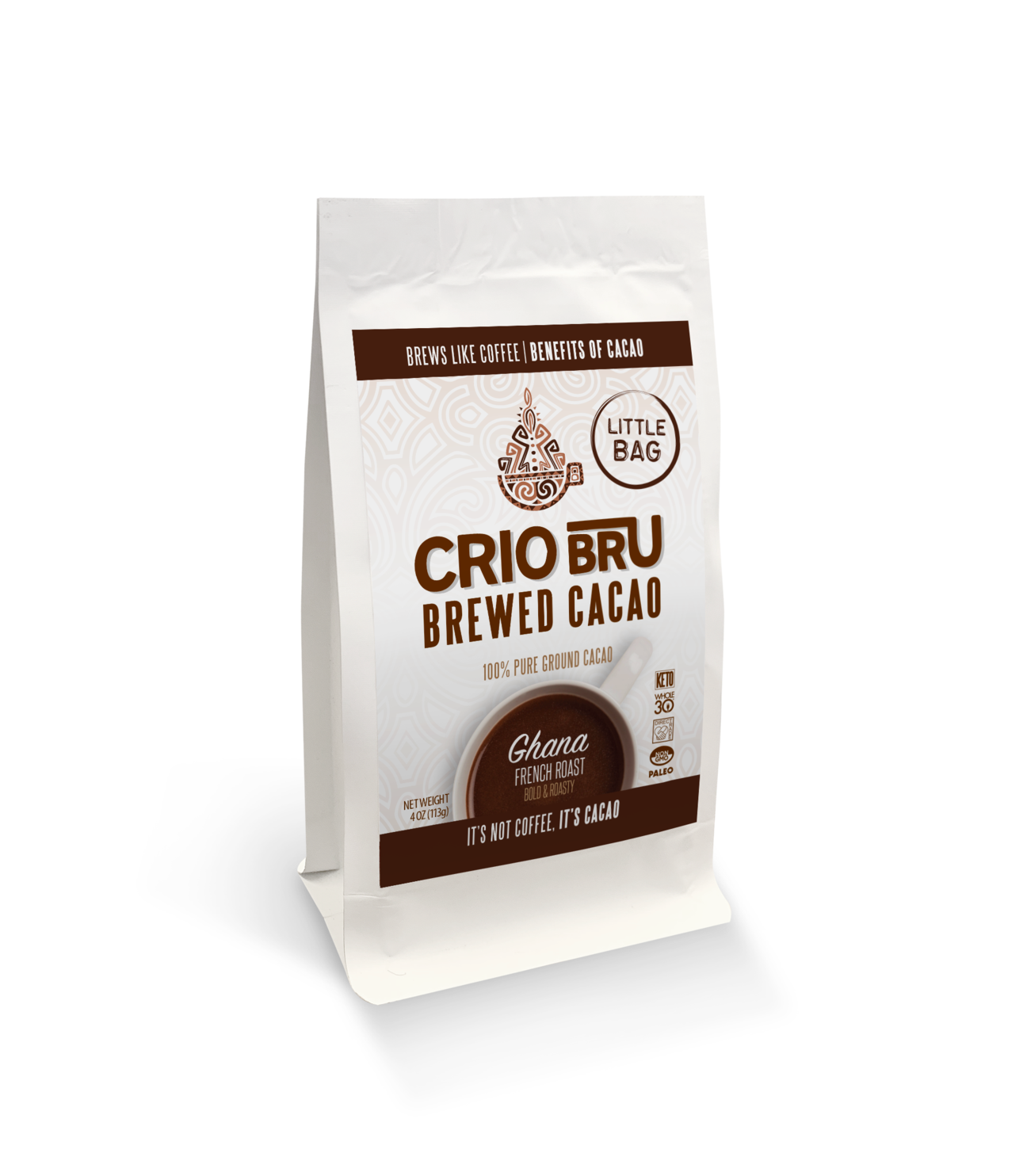
Alkaline Water Plus
Are there really any benefits to drinking alkaline water?
Regulators question whether the gummy snack is anything more than a "nutritionally void candy."
For a product that contains no fruit, SmartCandy sure makes a lot of fruity claims. For now, at least. A recent letter from the New York State Attorney General’s office may change that.
The April 10 letter addressed to SmartCandy’s marketers, Snap Infusion, warns that advertising the gummies as “A Vitamin Infused Snack” may be in violation of an FDA rule against infusing candy with vitamins. And if it’s not, then claims that SmartCandy is an “excellent source” of vitamins A, B and C are untruthful and misleading. (Remember, it’s candy.)
“Absent this inappropriate fortification, SmartCandy could not claim to be anything more than nutritionally void candy,” Assistant Attorney General Ellen Fried wrote to Snap Infusion CEO Eric Stroll.
The letter also points to several packaging issues, including the potentially misleading and deceptive nature of the Orange SmartCandy box. Despite the oranges and statements like “Real Fruit” on the side of the package (click to enlarge picture to right), the product’s listed fruit ingredients only include white grape juice concentrate and less than two percent dried orange powder, according to the letter. The letter cites similar problems with Strawberry SmartCandy.
Further, two varieties — Orange, Cherry, Lemon, and Mixed Berry, Grape, Strawberry — contain no fruit at all — other than elderberry juice “for color,” the letter states.
And it doesn’t end there. The letter also blasts SmartCandy’s implication that eating the product is an acceptable way to ingest vitamins (“SmartCandy is jam packed with vitamin A, making sure your vision is healthy and clear”); claims that SmartCandy is USDA-approved as a school snack; and, for good measure, that the product is natural.
The letter calls on Snap Infusion to hand over copies of its advertising and any documents it can muster that supports SmartCandy’s health claims.
The message here for consumers is clear: Don’t let a few images of fruit on a package labeled candy steer you away from actual juicy goodness.
Find more of our coverage on vitamins here.
Our Ad Alerts are not just about false and deceptive marketing issues, but may also be about ads that, although not necessarily deceptive, should be viewed with caution. Ad Alerts can also be about single issues and may not include a comprehensive list of all marketing issues relating to the brand discussed.
Are there really any benefits to drinking alkaline water?
How Amazon steers consumers toward unproven and potentially dangerous products containing a fake vitamin called B17.
Brewed cacao beverage poses more questions than it answers.

